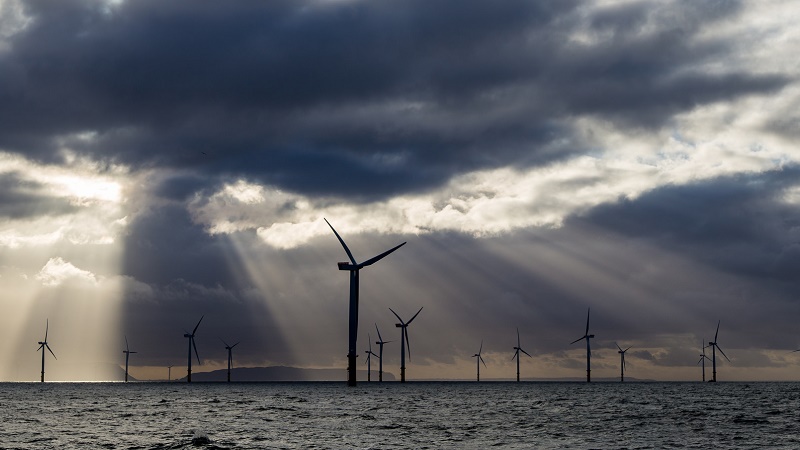The EU soared past its 2020 carbon cutting goal six years early, according to European Environment Agency data released on Tuesday.
Greenhouse gas emissions in 2014 were 4.1% lower than the previous year and 24.4% below the 1990 baseline. The 2020 target is a 20% cut.
The biggest savings were in manufacturing, power generation and home heating (helped by a warm winter). They outweighed increases in CO2 from road transport and potent warming HFC gases from air conditioners and fridges.
“It is positive that Europe has been able to reduce greenhouse gas emissions substantially since 1990,” said EEA chief Hans Bruyninckx.
“To accelerate the transition towards a low-carbon society, we need to further boost our investments in technology and innovation aimed at reducing our dependence on fossil fuels.”
Campaigners warned the next milestone, a 40% cut by 2030, was not ambitious enough to sustain the pace, however.
Despite overachieving at home and striking an international climate deal in Paris, the bloc does not have consensus for increasing ambition next decade.
Wendel Trio, director of Climate Action Network (CAN) Europe, said: “The fact that the EU seems to be on track to overshoot its target for 2020 by 10% shows that its climate policies are out of touch with reality.
“The findings demonstrate that the EU could easily increase its climate target for 2030 as a contribution to reaching the goals of the Paris Agreement.”
Under the Paris pact, governments agreed to hold global warming “well below 2C” and strive for 1.5C. They acknowledged existing policies collectively fall short.
Europe’s contribution rests on two pillars: a carbon market for power stations and heavy industry, and national allocations for the rest.
Environment ministers on Monday discussed the need to review ambition in light of Paris, but did not agree on concrete measures.
Countries including France, Germany and the UK, spoke in favour of strengthening the goals, but poorer central and eastern European states objected on cost grounds.
Damien Morris, director at environmental consultancy Futureproof, urged policymakers to cancel billions of surplus emissions allowances.
“The current outperformance of Europe’s climate targets is not captured as additional effort: instead it is stored up as pollution permits which Europe can bank for use years into the future,” he said. “This is no way to win stronger pledges from our international partners.”
